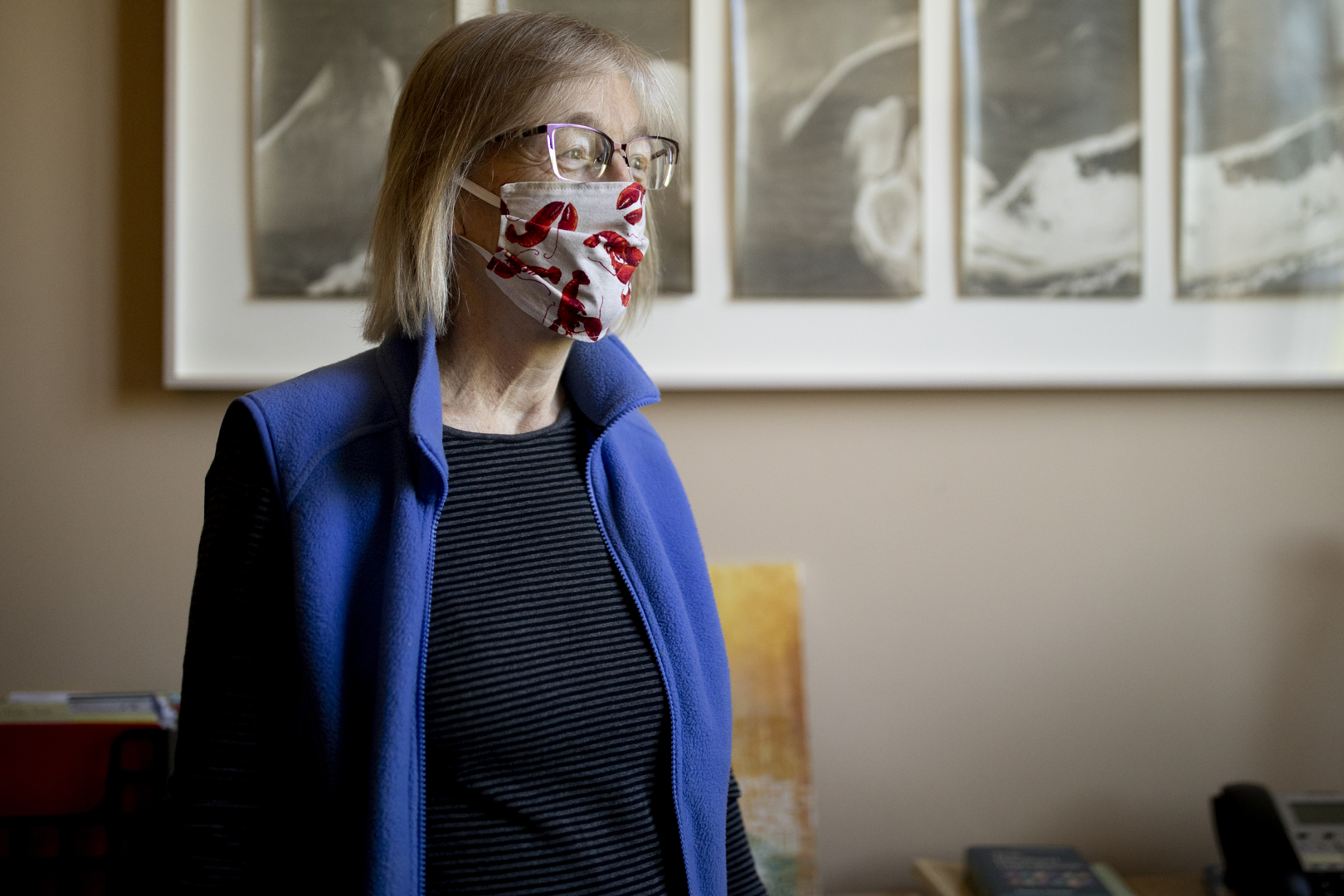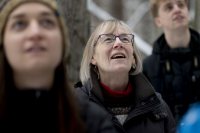
African-Ecuadorian writer and environmental activist to speak at Bates
African-Ecuadorian writer and environmentalist Juan Monaño will give a talk titled Intercultural Adventure: Black Ecuadorians Have a Point of View at 7:15 p.m. Wednesday, May 15, in Room G52 of Pettengill Hall. The public is invited to attend free of charge.
A chemical engineer, Monaño works for the environmental agency in Esmeraldas, a port city of 150,000 and capital of the province with the same name on the northern Pacific coast of Ecuador.
Called the “green province” of Ecuador, a country that touts itself as a preserve of biodiversity, Esmeraldas is the Ecuadorian province with the nation’s highest concentration of black citizens. It is also a region that has received very little attention from the central government, according to Balthasar Fra-Molinero, associate professor of Spanish at Bates College.
Contrary to common wisdom, the preservation of the rain forest and the mangrove areas of Esmeraldas is not a natural phenomenon, says Fra-Molinaro. Rather, he continues, “it is a historical process in which the local population of indigenous people and descendants of runaway black slaves made a decision, passed on from generation to generation, to preserve the natural habitat as a way to defend themselves from attacks by outside forces.”
Esmeraldas now faces serious environmental threats. Major concerns for the local population include air pollution caused by an antiquated oil refinery, river contamination by chemical agents used in gold mining, the replacement of mango forest with shrimp farms and the continuous deforestation by large logging firms.
In response to policies issued from the nation’s capital, Quito, black residents in the rural areas of northern Esmeraldas are organizing around the development of ancestral territories, a concept that promotes resident-controlled social, cultural and economic growth.
Monaño, a journalist and a writer of short stories, is visiting Bates under the auspices of the Mellon Humanities Fund. As part of his visit, he will teach a course entirely in Spanish titled, “Writing a Black Environment,” combining literature, environmental studies, and African and African American studies. His visit is also sponsored by the Department of Classical and Romance Languages and Literatures, the Department of Rhetoric and Theater and the Program of African American Studies.




